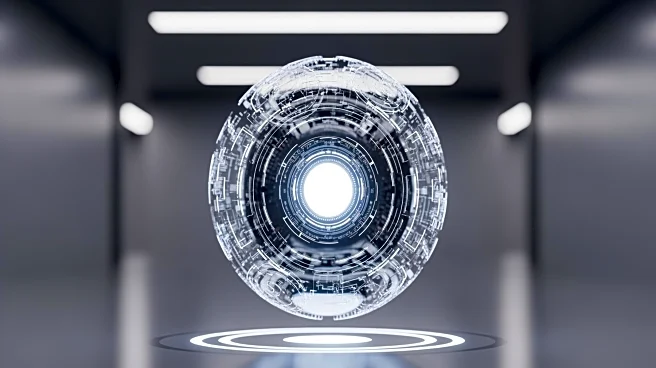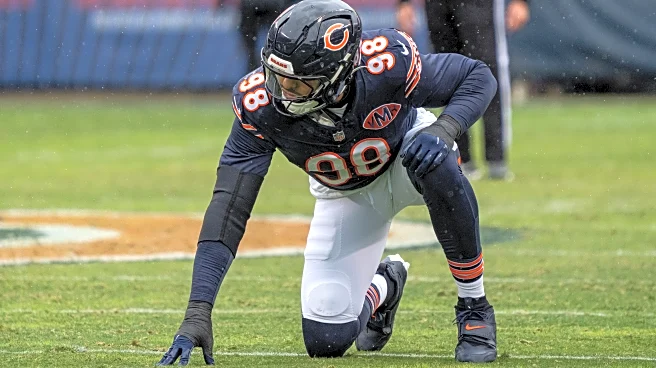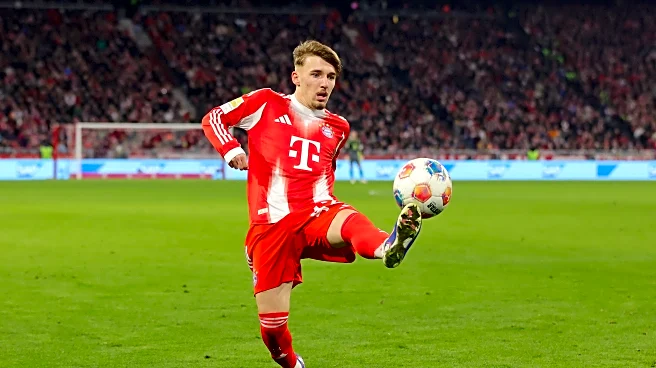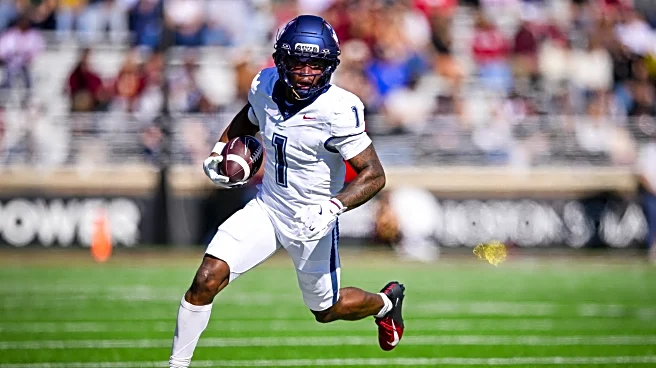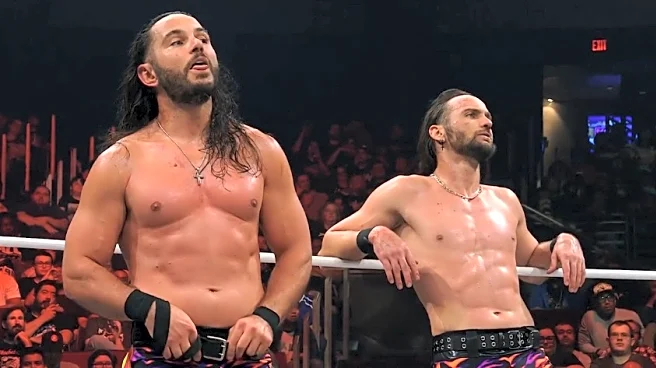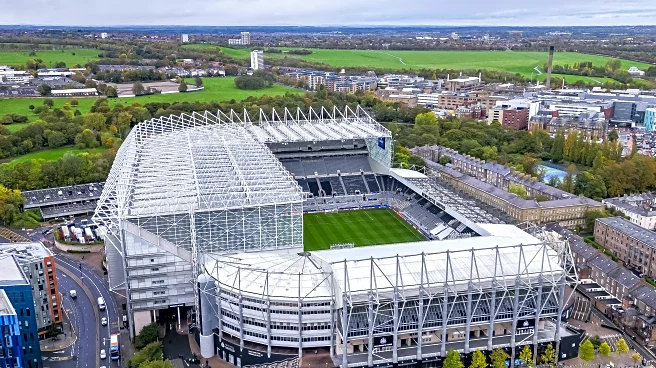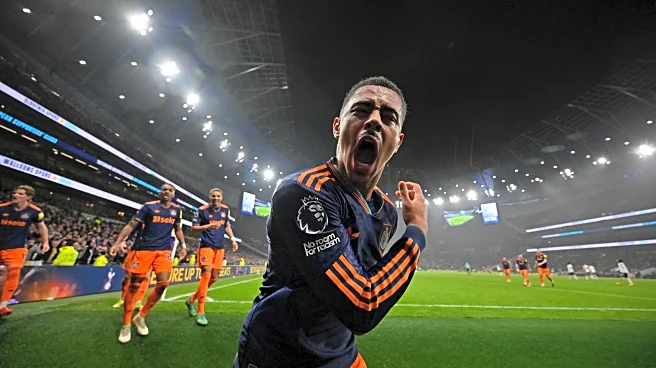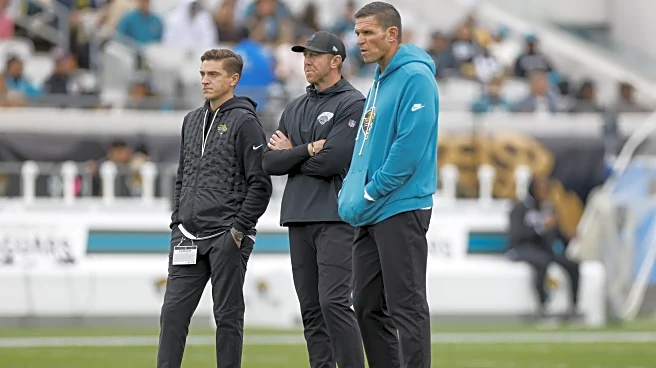What's Happening?
The United States Patent and Trademark Office (USPTO), under the leadership of John A. Squires, has initiated a reexamination of Nintendo's Patent No. 12,403,397, commonly referred to as the '397 patent.
This patent, granted in September 2025, involves the concept of summoning characters to fight, a feature central to Nintendo's litigation against Pocketpair, the developer of Palworld. Squires has identified substantial new questions regarding the patentability of claims within the patent, citing prior applications by Konami and Nintendo that may challenge the novelty of the '397 patent. The reexamination aims to determine if the patent's claims are valid, given the existence of similar mechanics in other games like Digimon and Persona. Nintendo has been given two months to respond to the USPTO's order.
Why It's Important?
The reexamination of Nintendo's '397 patent is significant as it could impact the company's legal strategy against Pocketpair and potentially affect the broader gaming industry. If the patent is invalidated, it may undermine Nintendo's position in its lawsuit, affecting its ability to protect similar intellectual property in the future. This development also highlights the challenges of patenting game mechanics, which often overlap with existing features in other games. The outcome could set a precedent for how game mechanics are patented and litigated, influencing future disputes and innovation in the gaming sector.
What's Next?
Nintendo is expected to respond to the USPTO's reexamination order within two months. The legal proceedings may extend into next year, with decisions anticipated from the Tokyo District Court's patent division, led by Judge Motoyuki Nakashima. The gaming industry and legal experts will be closely monitoring the case, as it could have implications for patent law and intellectual property rights in gaming. Depending on the outcome, other companies may reassess their patent strategies, and the USPTO may refine its criteria for patentability in gaming.
Beyond the Headlines
The reexamination of Nintendo's patent raises broader questions about the ethics and feasibility of patenting game mechanics. It challenges the notion of ownership over gameplay features that are often inspired by or similar to existing games. This case could lead to a reevaluation of how innovation is defined and protected in the gaming industry, potentially encouraging more open sharing of ideas and collaboration among developers.
